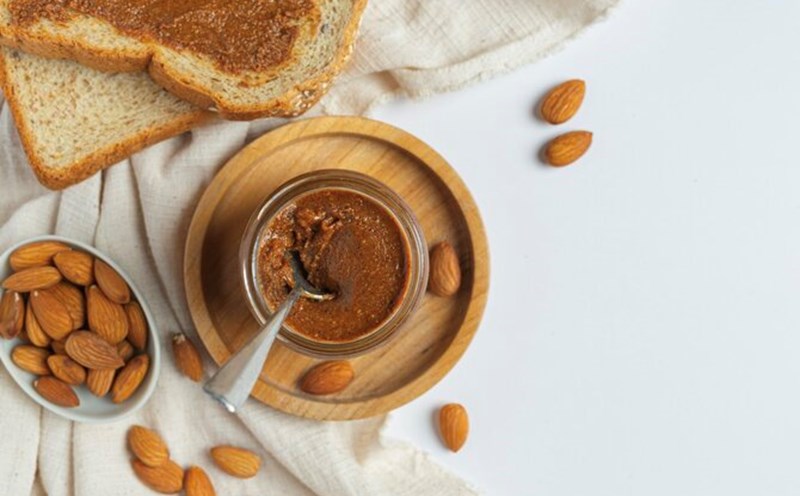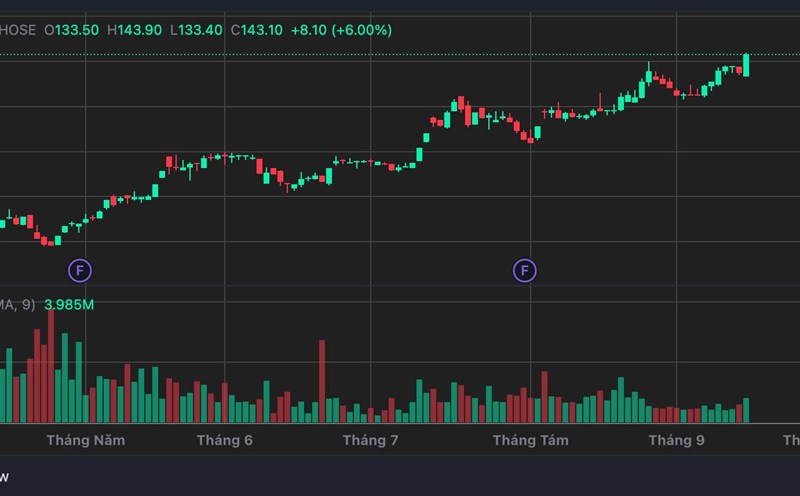Peanut butter is a familiar dish in many families, especially thanks to its rich taste and ability to provide quick energy. However, not all peanut butter is good for health. Some products contain sugar, salt, or hydrogenated oils that can harm the heart and lose natural nutritional value.
According to nutritionist Lauren Panoff, MPH, RD (USA): "The healthiest type of peanut butter is the one with a short list of ingredients, ideally just peanuts and a little salt".
Check ingredients and avoid additives
When choosing peanut butter, the first thing to do is to carefully check the ingredient label. Good products usually only contain peanuts, sometimes added salt, but do not have sugar or stable substances like palm oil. The shorter the ingredient list, the less the risk of containing harmful additives.
One of the points to note is the additional line. Many types of peanut butter, including "organic", still add sugar to increase sweetness. This sugar only provides empty calories and increases the risk of obesity and diabetes. So, prioritize types with no more sugar or make sure the sugar is not among the main ingredients.
In addition, you also need to pay attention to hydrogenated oils. This is a type of trans fats that can prolong the shelf life of the product, but are harmful to the heart. Pano Laurenff affirmed: "If peanut butter has a layer of oil separated above, it is completely normal and shows that the product is less processed and safer for health".
Comparing protein, fiber and sodium
Peanut butter is a good source of protein and fat, which helps you feel full longer, supports muscle recovery and maintains energy. A reasonable serving (2 tablespoons) should provide 7 - 9g of protein and 2 - 3g of fiber. These figures help you evaluate which products are more nutritious.
In addition, sodium is a factor that cannot be ignored. Consuming too much salt can increase blood pressure and harm the heart. When choosing, you should prioritize products that do not add salt or have less than 140mg of sodium per serving.
In addition to ingredients, texture is also a factor worth considering. Peanut butter can be in smooth, crispy or natural form. This is a natural variety that is often less processed, retaining the original flavor and nutritional value of peanuts.
Peanut butter can be a nutritious food if you know how to choose it correctly. Prioritize products that only contain peanuts, limit sugar, salt and absolutely avoid hydrogenated oils. This not only helps you maintain a reasonable weight, but also contributes to protecting your cardiovascular system and long-term health.
Pints can be part of a healthy diet as long as you choose a simple, low-component, and naturally valuable one, emphasizes expert Lauren Panoff.











